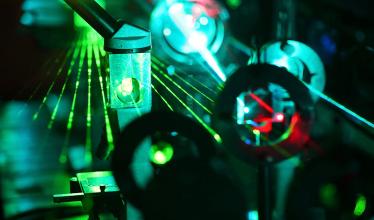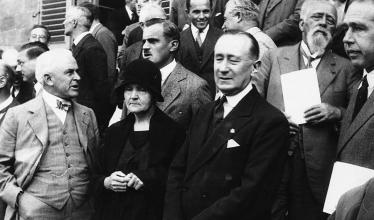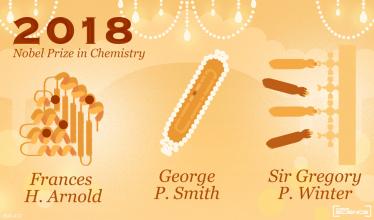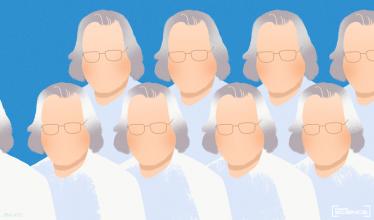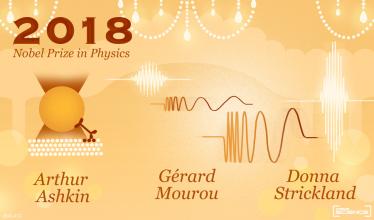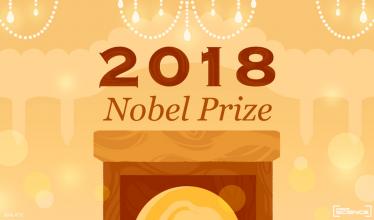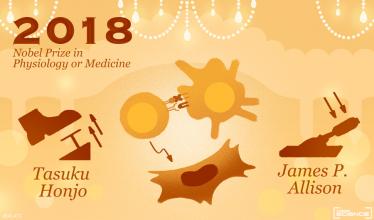The 2018 Nobel Prizes In Physiology or Medicine, Physics and Chemistry
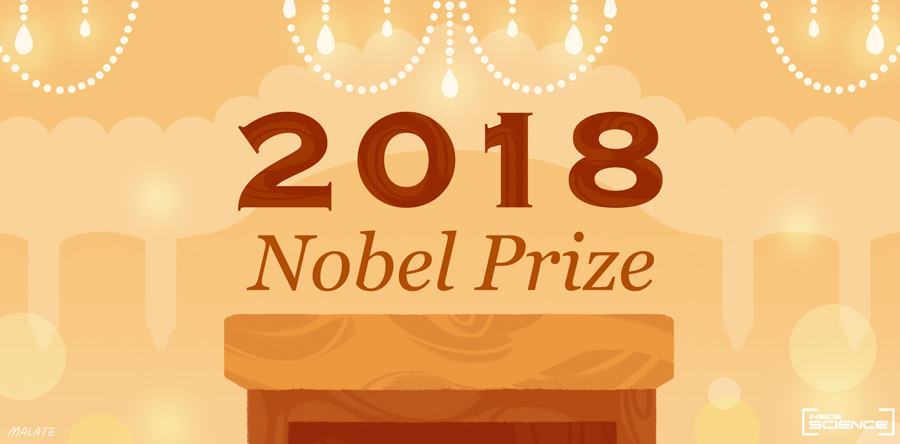
Checkpoint inhibitors lift the brakes on the immune system, but may join other new drugs in pressing the accelerator on health care costs.
For top scientists like James P. Allison, music and other artistic endeavors may be key to success.
Innovations in laser methods and technology won Nobel Prizes in 2017 and 2018, but not all lasers are the same.
Optical tweezers developed by a new Nobel laureate could potentially be used on slightly larger objects, but not spacecraft.
A look at five other Nobel Prize winners who share the uncommon achievement of having done their award-winning work as students.
The 2018 Nobel Prize in chemistry will go to Frances H. Arnold, George P. Smith and Sir Gregory P. Winter for research on enzymes, peptides and antibodies.
A common first- and last-name combination for one of 2018's Nobel laureate's plucks a brood of namesakes from the almost anonymous to the pseudo-eponymous.
Optical innovations made by the three new laureates help scientists control tiny organisms and make incredibly short and powerful laser pulses.
Beginning early Monday morning, Inside Science will cover the discoveries behind the three most anticipated science prizes of the year.
James P. Allison and Tasuku Honjo share prize for discovery of checkpoint inhibitors for cancer therapy.




